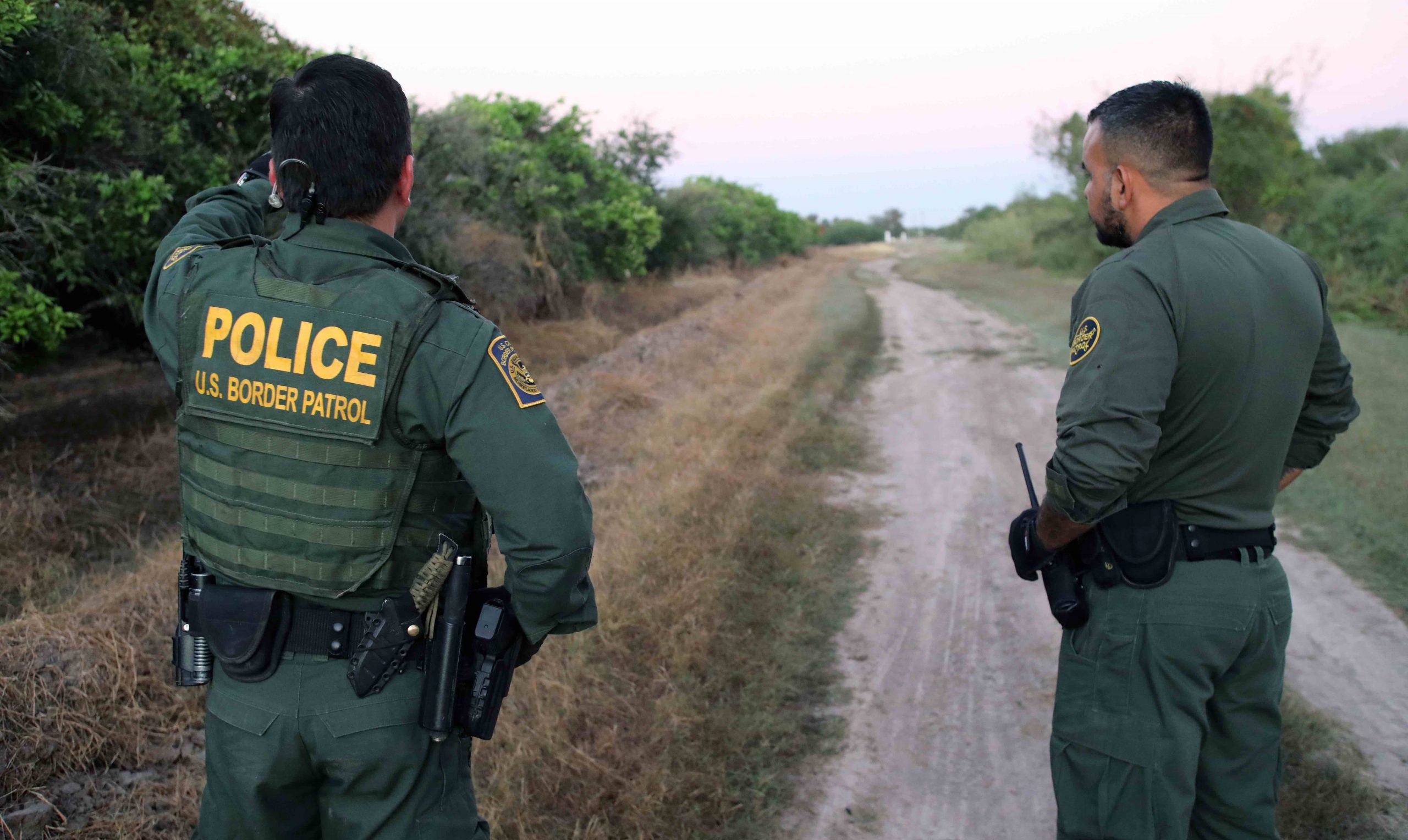EMERGENCY DOCKET
Court allows Border Patrol to cut Texas’ razor wire along Rio Grande

on Jan 22, 2024 at 4:09 pm

The Supreme Court on Thursday granted a request from the Biden administration to allow federal Border Patrol agents to cut or move razor wire installed by Texas along a portion of the U.S.-Mexico border.
Three migrants – a woman and two children – drowned on Jan. 12 near the disputed area, the Biden administration told the justices in a filing last week, while the Mexican government had to rescue two more who were suffering from hypothermia. Texas acknowledged that the deaths were “tragic,” but it pushed back against what it described as the Biden administration’s efforts to blame Texas for the deaths.
In a brief, unsigned order, the justices lifted an order by a federal appeals court that had barred Border Patrol agents from interfering with the wire except in medical emergencies. Four justices – Clarence Thomas, Samuel Alito, Neil Gorsuch, and Brett Kavanaugh – indicated that they would have denied the Biden administration’s request and allowed the lower court’s order to remain in place.
In response to an increase in the number of migrants (many of whom are seeking asylum) crossing the border into the United States, Texas installed rolls of razor-wire fencing along some stretches of the Rio Grande River, which forms the U.S. border with Mexico in the southern part of the state, last year. In October, the state went to federal court, where it argued that Border Patrol agents violated state laws when they cut or moved the fencing.
On Dec. 19, a federal appeals court in New Orleans issued an order that, except in cases of medical emergencies, temporarily barred Border Patrol agents from cutting or moving the wire in the area around the city of Eagle Pass.
That order prompted the Biden administration to come to the Supreme Court on Jan. 2, asking the justices to intervene. U.S. Solicitor General Elizabeth Prelogar told the court that the order by the U.S. Court of Appeals for the 5th Circuit bars agents doing their jobs – specifically, from cutting or moving the wire to obtain access to the U.S.-Mexico border and “reaching migrants who have already entered U.S. territory.” The exception that the appeals created for medical emergencies is not enough, Prelogar insisted, because of the time that it takes to cut through the wires and the “very real” “risk of death along this stretch of the river.”
Texas told the justices that there was no need for them to get involved in the dispute because the court of appeals has fast-tracked the case and is scheduled to hear oral argument on Feb. 7. But in any event, Texas dismissed the underlying premise of the Biden administration’s argument – that Border Patrol agents are carrying out their responsibilities under federal law when they move or cut the wire – as “false.” To the contrary, Texas contended, as the federal district court in this case found, Border Patrol agents are not actually apprehending or processing migrants who cross through holes in the wire that the agents create. And more broadly, Texas concluded, the public interest favors not only respecting the state’s property rights, but also supporting efforts to combat the influx of “deadly fentanyl,” human trafficking, and “minimize the risks to people, both U.S. citizens and migrants, of drowning while making perilous journeys to and through illegal points of entry.”
In a filing on Jan. 12, Prelogar indicated that Texas had recently added new razor-wire barriers and fencing along the border and blocked access by Border Patrol agents to sites used to launch patrol boats on the river and for mobile surveillance. As a result, Prelogar wrote, agents are effectively barred “from accessing or getting near the border along this 2.5-mile stretch of the river” and therefore “effectively prevented … from monitoring the border to determine whether a migrant requires the emergency aid that the court of appeals expressly excepted from the injunction.” The Supreme Court, Prelogar argued, should lift the 5th Circuit’s order to “restore Border Patrol’s access to the border it is charged with patrolling and the migrants it is responsible for apprehending, inspecting, and processing.”
The court granted Prelogar’s request with its order on Monday afternoon. The Biden administration needed five votes to freeze the 5th Circuit’s order, which means that Chief Justice John Roberts and Justice Amy Coney Barrett would have joined the court’s three liberal justices in voting to grant relief.
This article was originally published at Howe on the Court.


